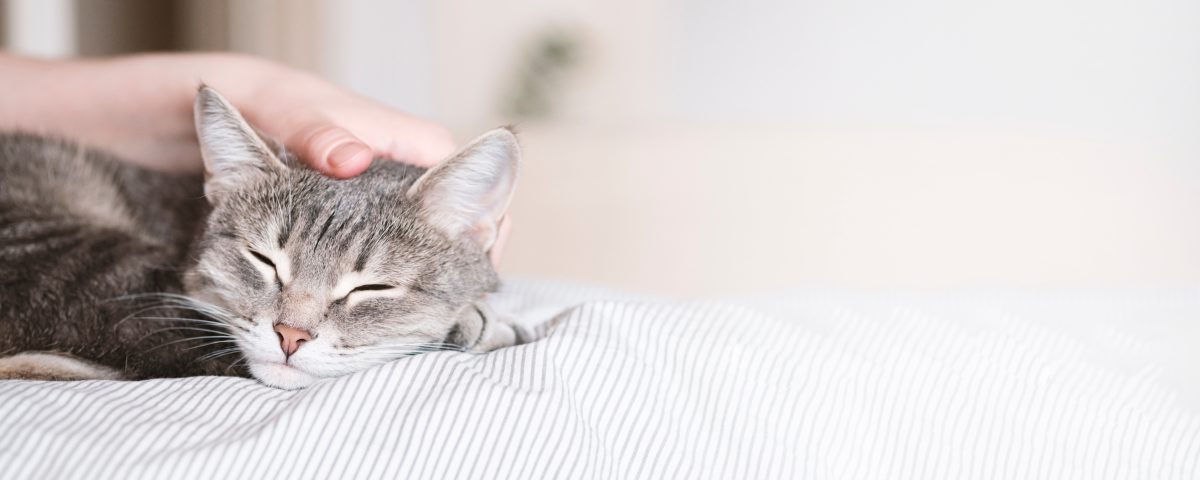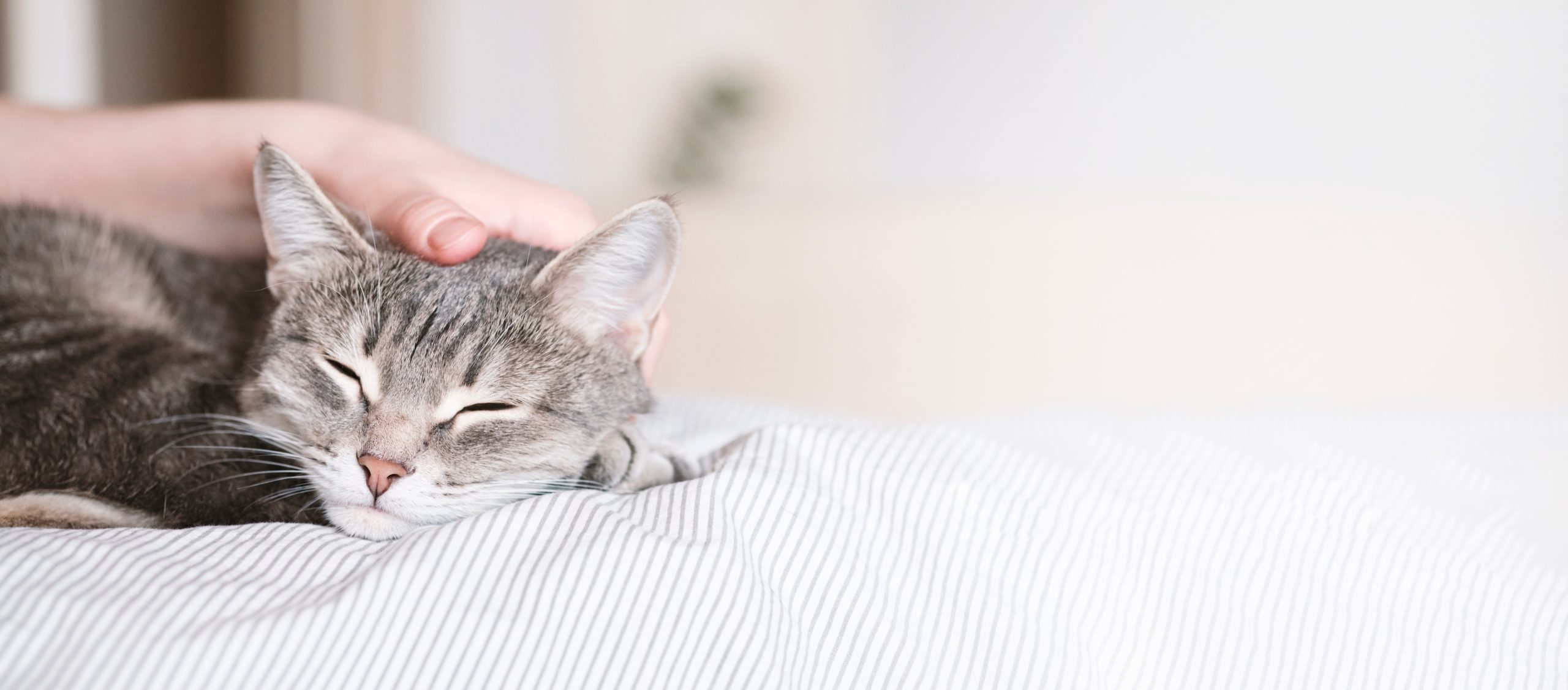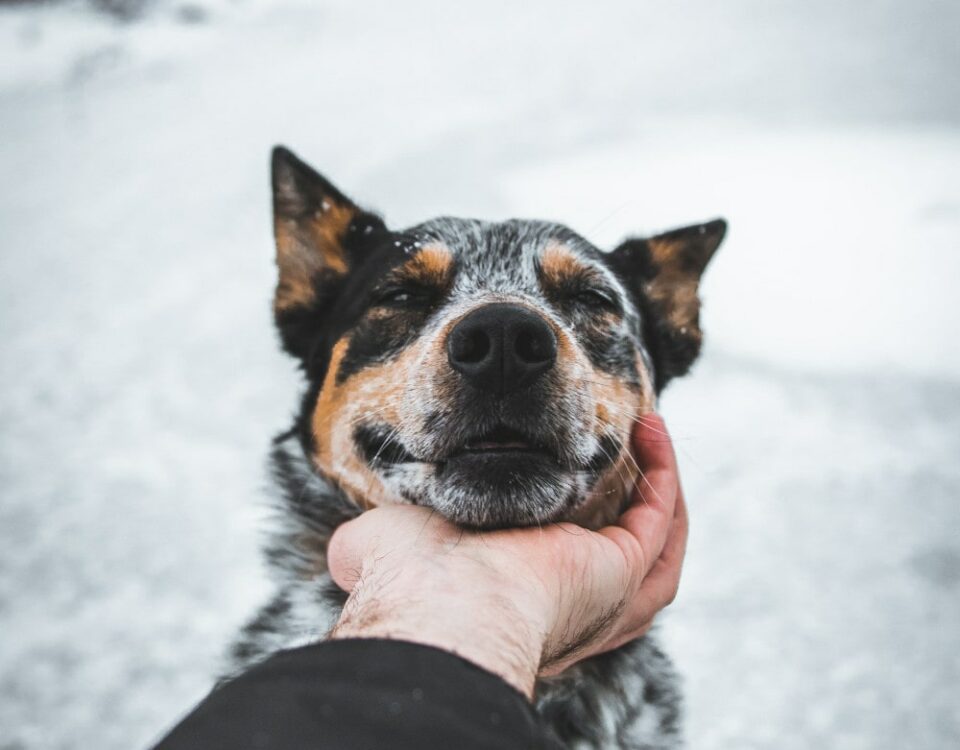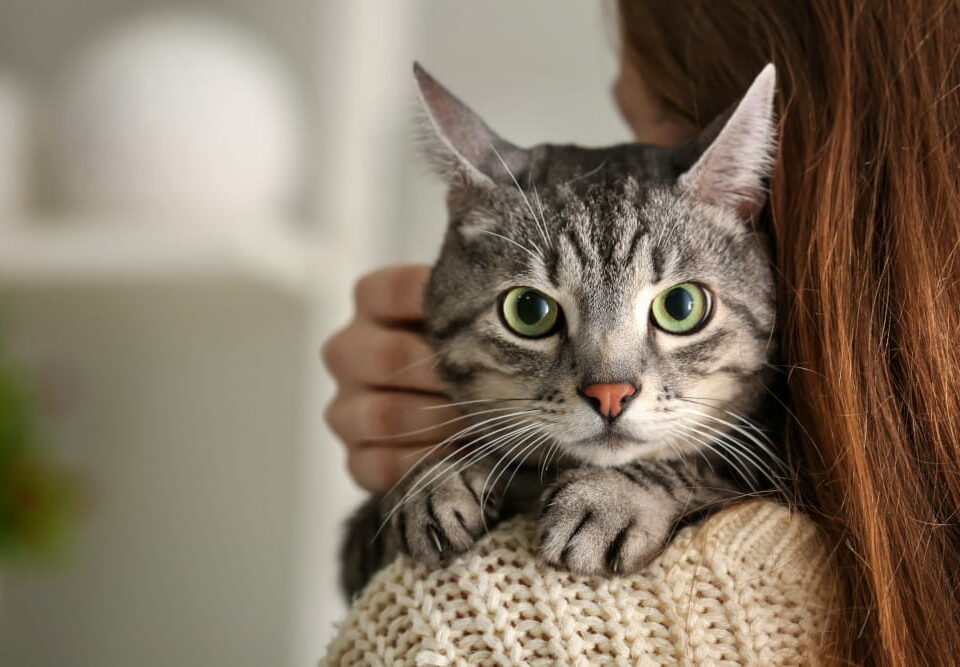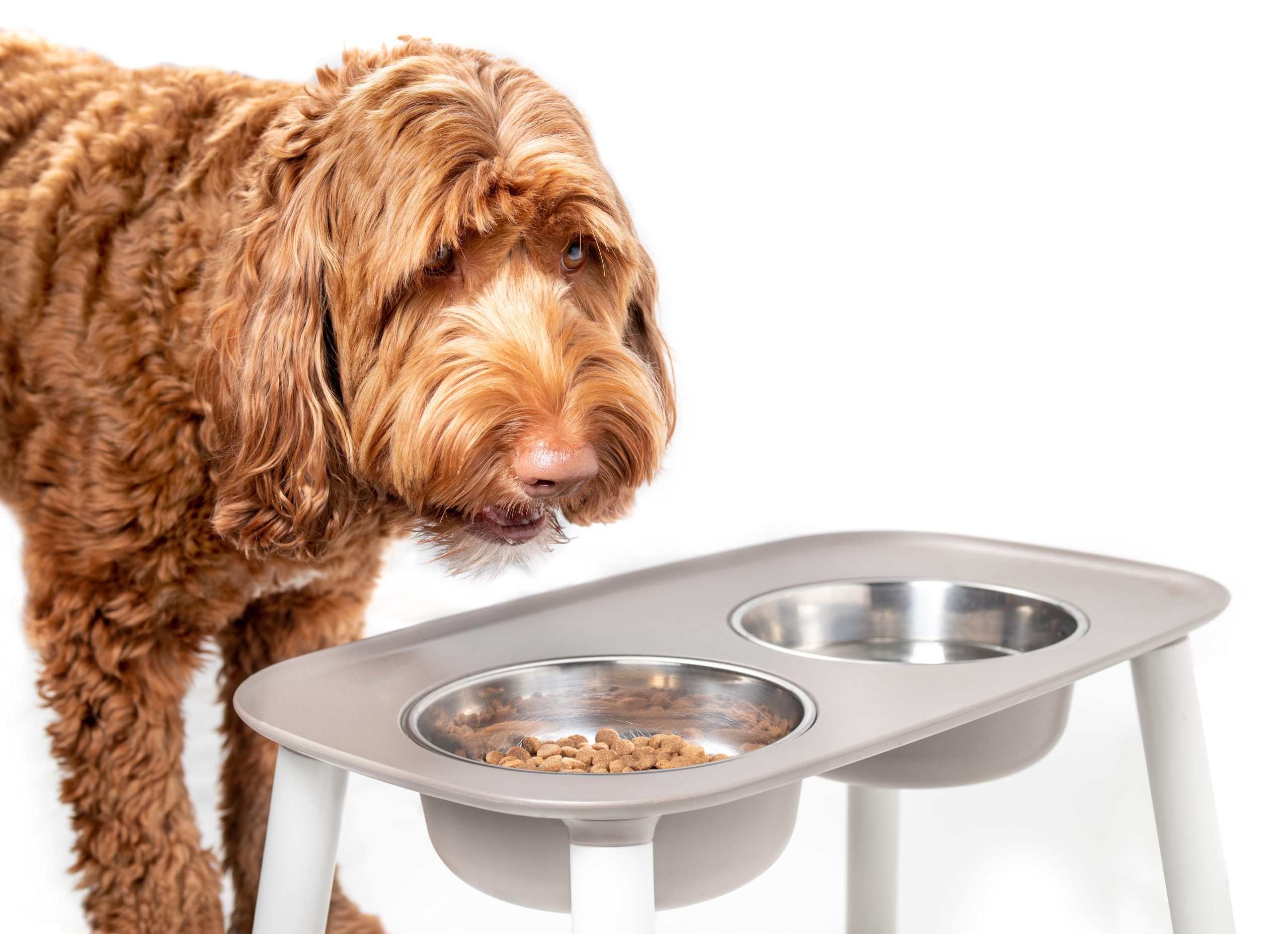
How can I make my home more comfortable for my older pet
August 10, 2022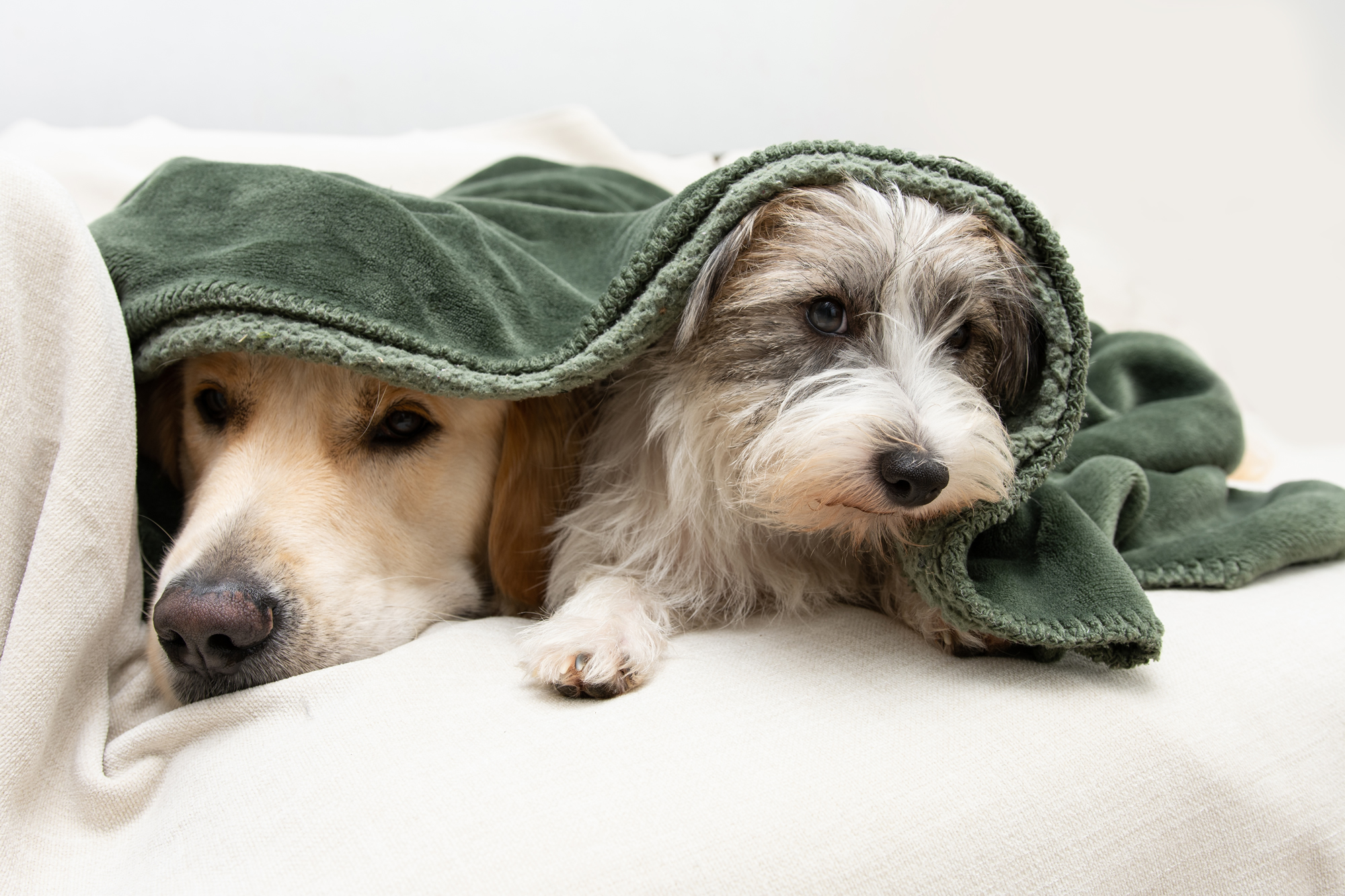
How can we help our older pets through the fireworks season?
October 19, 2022As cats age, they may alter their routine. Many prefer to spend more time indoors sleeping than going outside in the cold. However, if a cat is sleeping more owners should not assume this is part of the normal ageing process. It can be a subtle sign of pain or an underlying illness.
Signs of underlying illnesses
Cats are stoic, so they will try and hide any signs of illness until conditions are advanced. To detect illnesses early, owners need to look for subtle changes in their cat’s behaviour that suggests their cat may be struggling.
Common signs of illness,
- A behaviour change – This may be a subtle change in personality, such as spending less time outside, or may show as increased vocalisation or aggression.
- A change in appetite – This could be an increased or decreased appetite.
- Increased drinking – Cats can be private with their drinking habits, so this change can be difficult to detect. Often owners gradually realise they are filling up water bowls more frequently.
- Vomiting – There are many reasons why an elderly cat might start vomiting, so even if vomiting episodes are not that frequent, it is advisable to get your cat checked by your vet.
- A change in toileting habits – This may be seen as difficulty in urinating or passing faeces, diarrhoea or detecting blood in either urine or faeces. You may also find that your cat is having accidents outside the litter box.
- Weight loss – To pick up early signs of weight loss, you should weigh your cat weekly. By the time that weight loss can be detected visibly significant weight loss has already occurred.
- A change in grooming habits – If cats are painful, they may stop grooming themselves, especially in hard-to-reach areas. Owners might see dull, matted fur in the areas that are no longer being groomed.
If your elderly cat starts to show any of these signs, you should take your cat to your vets for a check-up. Your vet will be able to examine your cat, check their weight, and they may advise blood tests.
Common conditions affecting elderly cats
There are several illnesses that cats commonly develop as they become older. These conditions often require treatment for the rest of the cat’s life, along with regular testing to monitor the progression of the illness. For each of these, speak to your vet about treatments and options.
The most common illnesses affecting elderly cats include:
Arthritis
. This is a painful condition that can significantly impact your cat’s mobility and quality of life, and may seem to cause “sleepiness”, as moving around is more painful. However, treatment with long-term pain relief can help keep your cat comfortable and active.
Hyperthyroidism
. This is a thyroid condition that can result in a cat losing weight despite having an increased appetite. This usually presents with increased activity, but sometimes cats have “tired spells” too. There are several treatments used to manage this condition, including medication, prescription diets, radioactive iodine treatment and surgery.
Kidney disease
. Another cause of lethargy due to the build-up of toxins, this disease is progressive, so your vet will check the stage of your cat using IRIS kidney staging criteria to determine how advanced the disease is. There are various ways to successfully slow down the progression of this disease, including special kidney diets, medication and encouraging sufficient water intake. The treatment and monitoring needed will depend on how advanced your cat’s kidney disease is.
Diabetes
. Cats with diabetes often have an increased water intake and may be urinating more frequently. Their appetite may also have increased, and they may have lost weight. Elderly cats will often be treated with insulin injections, while also needing to be closely monitored.
Cancer
. As cats age, they have an increased risk of developing cancer. There are various types of cancer that older cats can develop, so for a diagnosis, a sample of cells, or a biopsy will usually need to be taken. This will determine treatment options and prognosis.
Many of these illnesses can present with similar signs, including sleeping more. Your vet may advise several tests to fully assess your cat’s health and get a diagnosis. Speak to your vet for advice if you are concerned that your cat could be suffering from one of these conditions.
How to help keep your elderly cat comfortable
There are several changes you can make at home to help keep your elderly cat comfortable. Alongside regular vet visits, these changes can help ensure your elderly cat has a good quality of life.
Accessible litter trays
As elderly cat are likely to reduce the time they spend outdoors you should offer them a litter tray indoors, even if they usually toilet outside. Litter trays should have low sides, so if cats become arthritic and painful, they can still use their litter tray. Sometimes elderly cats will start to have accidents next to their litter tray because they are too painful to climb inside.
Grooming
Elderly cats may struggle to groom themselves, so by grooming your cat regularly you can help keep their coat in good condition. Grooming your cat also provides a good opportunity to check for any lumps or wounds.
Older cats can also get overgrown claws as they become less active. Some cats will need their claws regularly trimmed to prevent them from growing into their pads. Your vet can cut your cat’s nails for you, or teach you how to do this at home.
Regular weight checks
One of the earliest signs of illness is weight loss, so you should regularly monitor your cat’s weight, especially as they get older. Ideally, this should be done weekly so any changes can be quickly detected. You can take your cat to your vets to be weighed, or you can weigh them at home. If your cat starts to lose weight you should take your cat to your vets for a check-up.
Regular vet checks
As your cat ages, they are more likely to develop illnesses, so by taking your cat for a regular check-up at your vets they can detect any health issues early. These conditions are usually life-long, but if they are caught early, they can usually be treated more easily.
Even though elderly cats are more likely to suffer from health conditions, with regular health checks and close monitoring these illnesses can usually be managed so your cat can have a good quality of life. If you feel that your cat’s quality of life has started to deteriorate, we can provide you with advice and support to help you decide on the next steps to prevent your pet from suffering.

